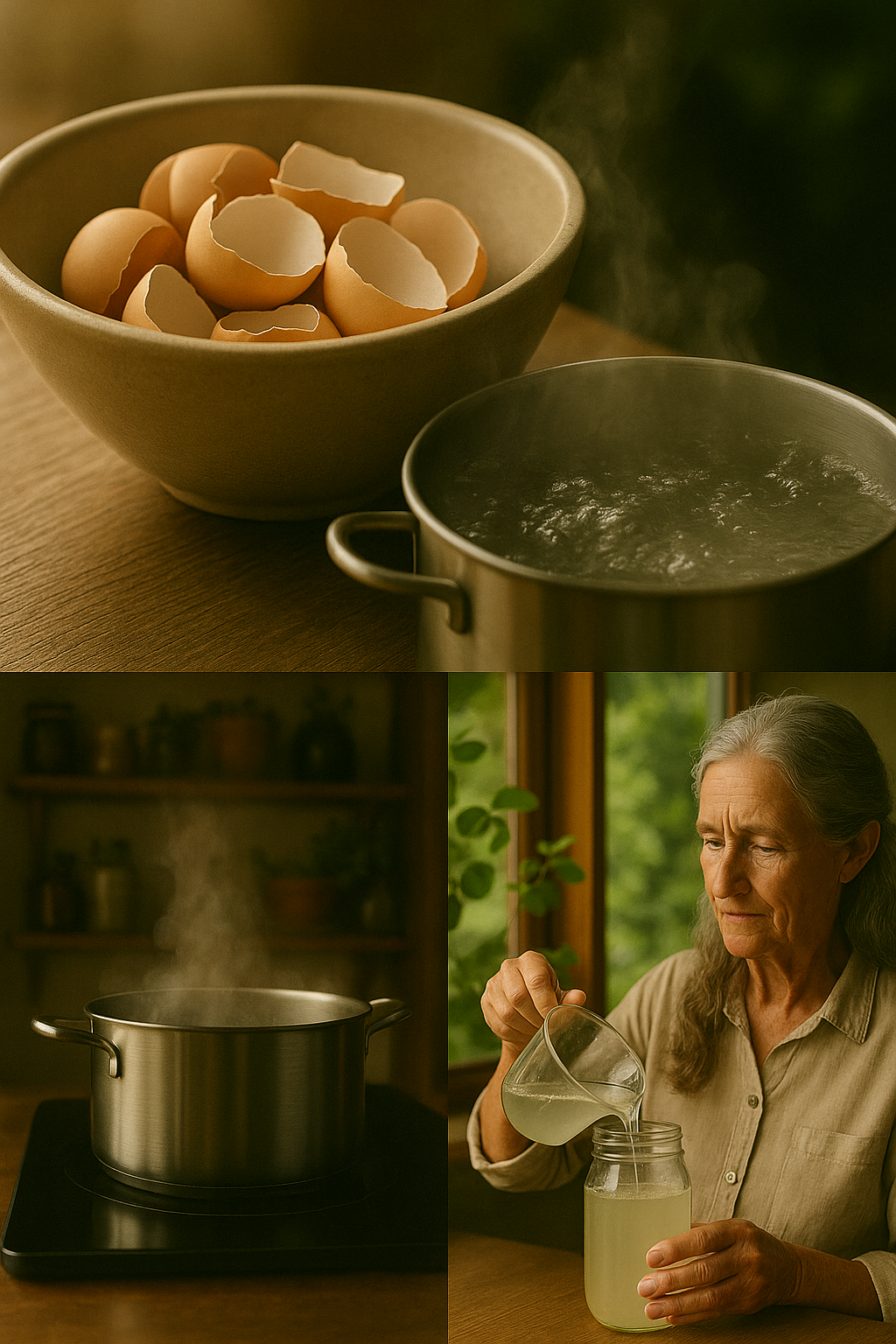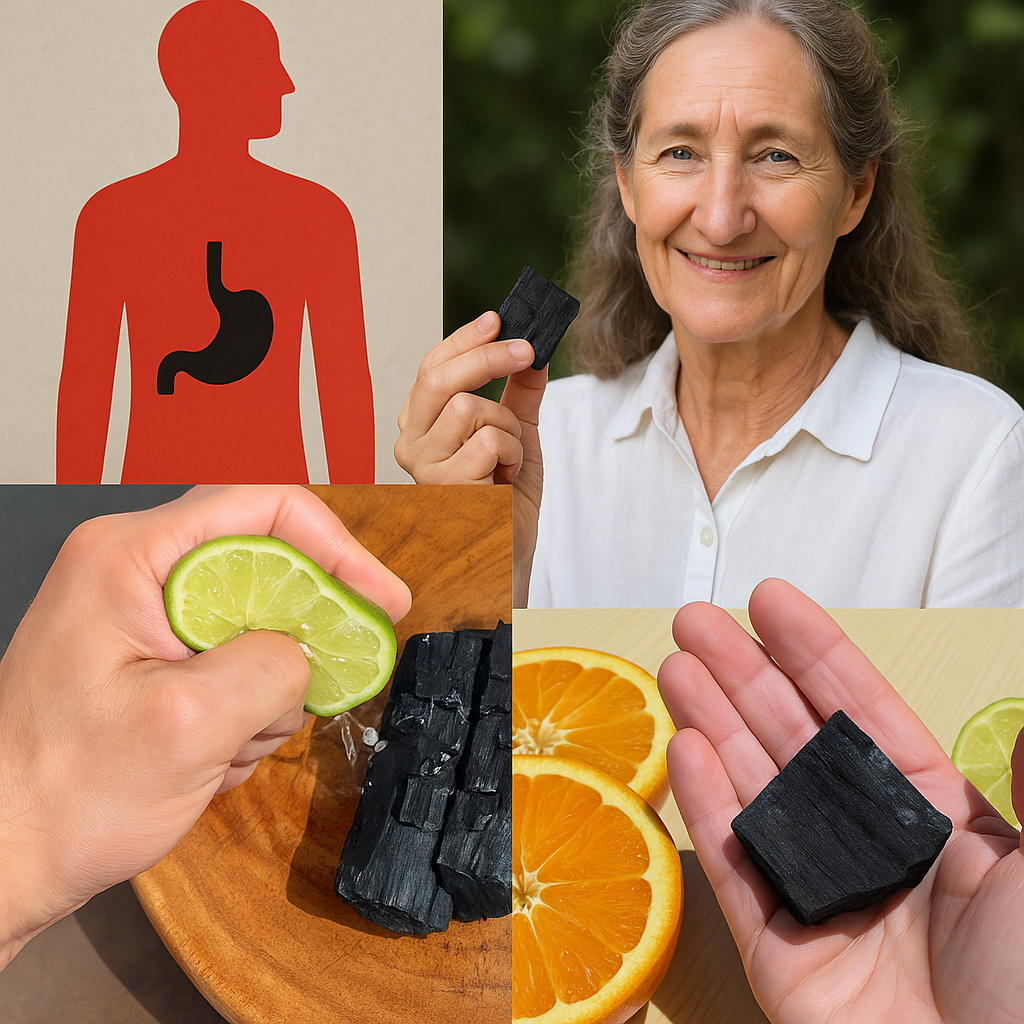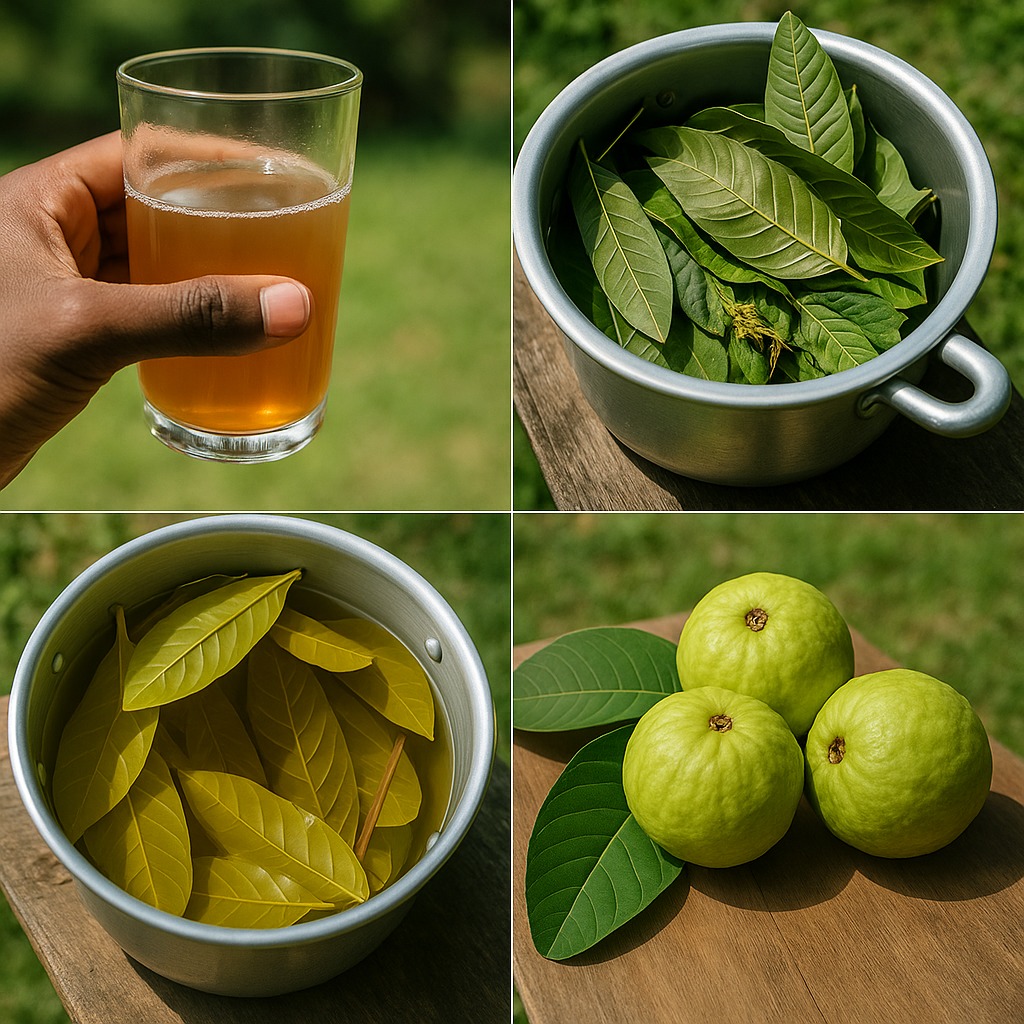For centuries, herbalists and healers have turned to the elderberry plant — particularly the edible species Sambucus nigra, Sambucus canadensis, and Sambucus cerulea — for its wide-ranging health benefits. From immune-boosting syrups to skin-soothing teas, elderberries and elderflowers remain among the most trusted natural remedies in traditional and modern wellness practices.
But while this plant family has incredible potential, not all elderberry species are safe. Knowing the difference between the beneficial and the toxic varieties is essential before incorporating elder remedies into your health routine.
Here’s your complete guide to the 15 scientifically and traditionally supported benefits of edible elderflowers and berries — plus safe ways to prepare and use them.
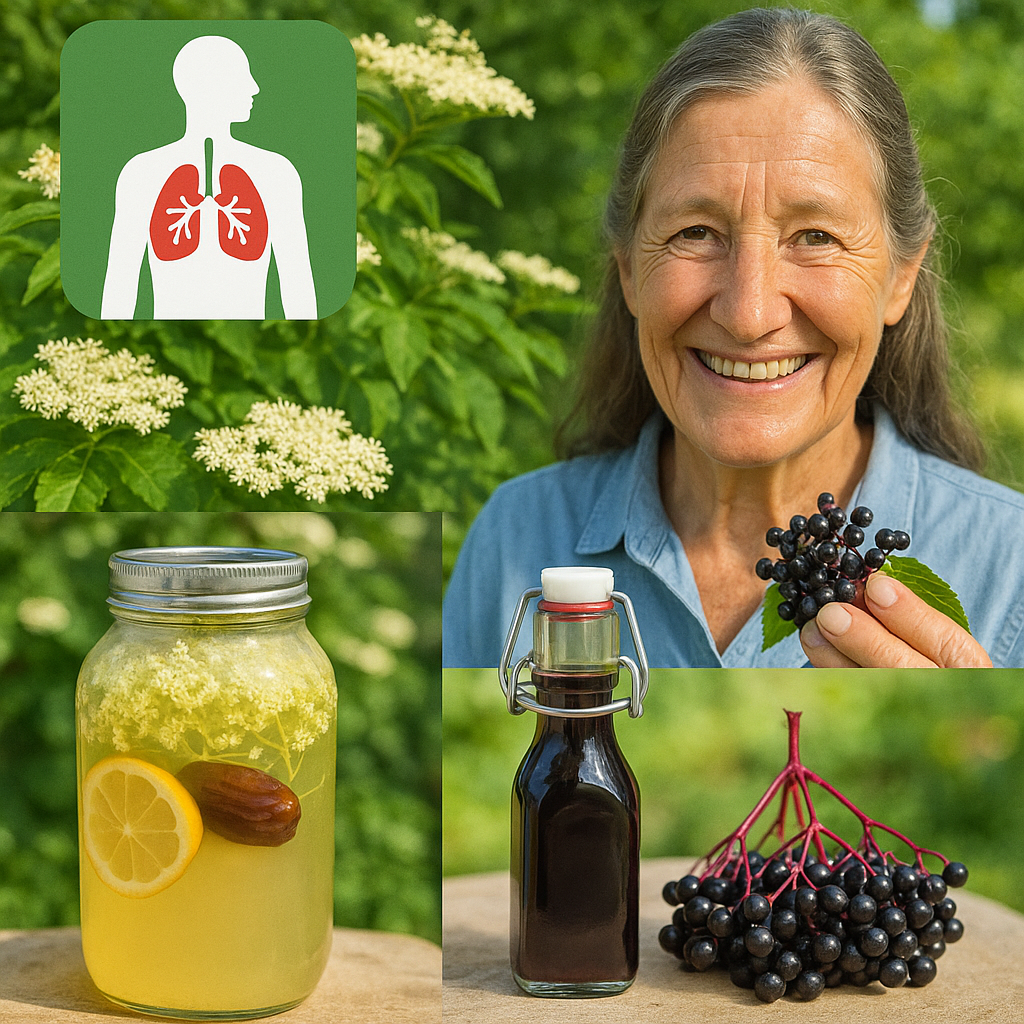
🍇 15 Proven Benefits of Edible Elderberry Flowers and Berries
🛡️ 1. Immune Boosting
Elderberries are rich in antioxidants like anthocyanins, which help prime the immune system and reduce oxidative stress.
How to use: Elderberry syrup or capsules, taken daily during cold season.
🌬️ 2. Respiratory Relief
Elderflower and elderberry have long been used to ease coughs, chest tightness, and nasal congestion.
How to use: Warm elderflower tea or elderberry syrup.
🤒 3. Cold and Flu Defense
Research shows that elderberry extract may shorten the duration of colds and flu when taken early.
How to use: Elderberry tincture, lozenges, or gummies during the first 48 hours of symptoms.
🔥 4. Anti-Inflammatory Effects
Both elderflowers and cooked berries help calm inflammation, which is key to managing chronic conditions.
How to use: Infused elderflower tea, elderberry compote.
🧬 5. High in Antioxidants
The deep pigments in elderberries are rich in polyphenols and flavonoids, which help protect cells from aging and environmental damage.
How to use: Elderberry juice, extract, or cooked spreads.
🍽️ 6. Digestive Support
Elderflower has a gentle, carminative effect on the stomach and may ease bloating or indigestion.
How to use: Sip elderflower tea after meals.
🌡️ 7. Fever Reduction
Traditionally, elderflower has been used to promote gentle sweating and help lower fevers.
How to use: Drink as a hot infusion with lemon.
🧴 8. Skin Health
Cooled elderflower tea can soothe rashes, redness, or acne flare-ups when applied as a gentle facial rinse or compress.
How to use: Apply directly to clean skin with a cotton pad.
🚻 9. Urinary Tract Support
With mild diuretic and antimicrobial properties, elderflower may help support urinary tract health.
How to use: Drink regularly as a mild tea.
🌼 10. Allergy Relief
Taken consistently during allergy season, elderflower tea may help reduce inflammation and ease sinus irritation.
How to use: Drink once or twice daily during high pollen months.
❤️ 11. Heart Health
Cooked elderberries may help support circulation and vascular function due to their potassium and anthocyanin content.
How to use: Elderberry jam or tea as a heart-friendly treat.
🙂 12. Mood Support
Antioxidants and trace minerals in elderberries may help balance mood, especially during seasonal transitions.
How to use: Elderberry smoothies or capsules.
🦴 13. Bone Health
Elderberries contain calcium, magnesium, and phosphorus, which support bone density and joint health.
How to use: Add cooked berries to breakfast bowls or smoothies.
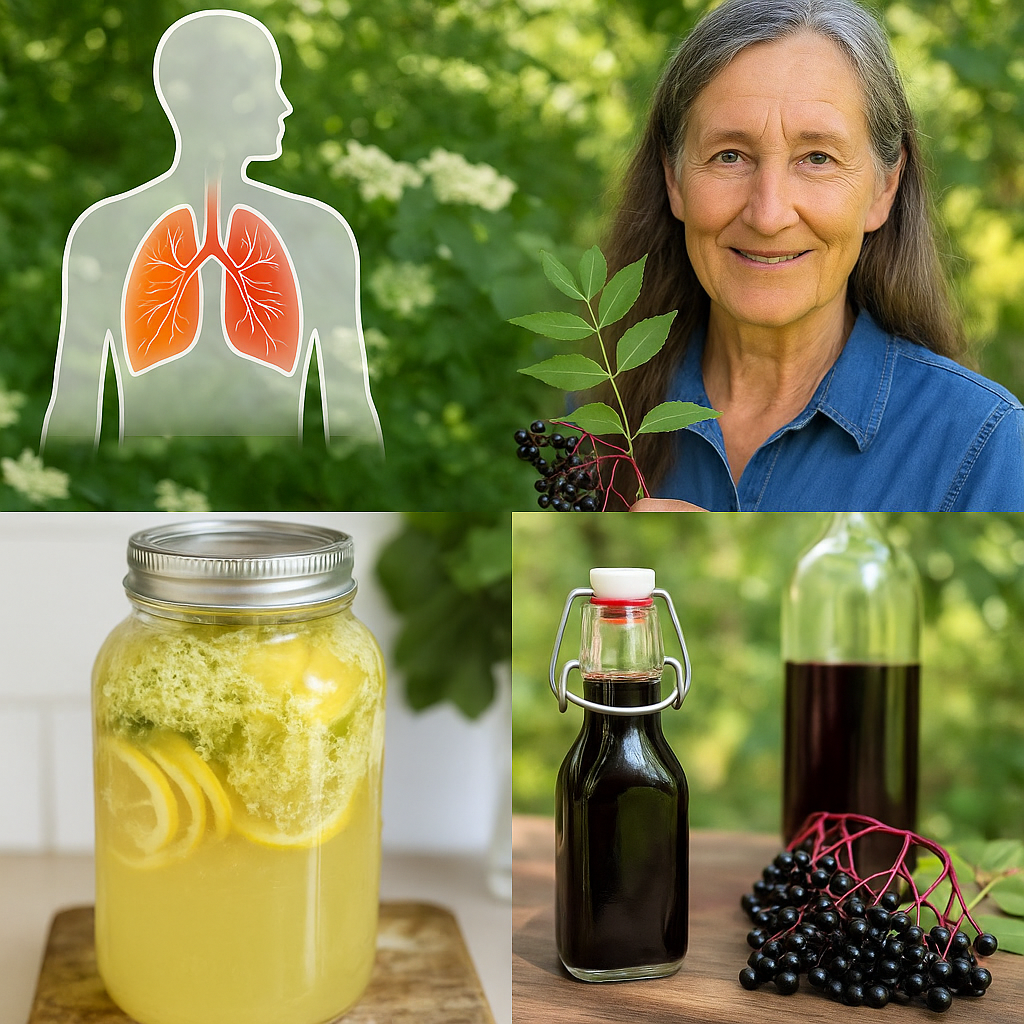
🚿 14. Gentle Detoxification
Elderflower helps stimulate the lymphatic system and kidneys for gentle cleansing.
How to use: Elderflower water or infused spring tonic blends.
👁️ 15. Eye Health
The high levels of vitamin A and anthocyanins in elderberries may support retinal health and night vision.
How to use: Elderberry tea or elixir as part of a vision-supportive diet.
🧪 Safe Use and Preparation Methods
✅ What’s Edible:
– Sambucus nigra (European elder)
– Sambucus canadensis (American elder)
– Sambucus cerulea (Blue elderberry)
✅ Use only the flowers and cooked berries from these species.
❌ Do not consume raw berries, leaves, stems, or bark — they contain cyanogenic glycosides, which can cause nausea or worse when raw.
🍵 How to Use Elderflowers and Berries
1. Elderberry Syrup
– Simmer 1 cup dried elderberries in 3 cups water with cloves, cinnamon, and ginger
– Reduce by half, strain, and add 1 cup honey
– Store in the fridge for up to 2 months
2. Elderflower Tea
– Steep 1–2 teaspoons of dried elderflowers in hot water for 10 minutes
– Drink warm or cooled
3. Elderberry Gummies
– Combine elderberry syrup with gelatin and pour into molds
– Chill until firm — great for kids and immune support
4. Elderberry Jam
– Cook ripe berries with lemon juice and pectin or chia seeds
– Spread on toast or stir into oatmeal
5. Elderflower Skin Rinse
– Brew strong elderflower tea
– Cool and apply to skin using a compress or spray bottle
⚠️ Elderberry Safety Tips
– Only use cooked berries from safe species (S. nigra, S. canadensis, S. cerulea)
– Never eat raw elderberries, especially from unknown plants
– Avoid toxic species like Sambucus racemosa (Red Elderberry) and Sambucus ebulus (Dwarf Elder) — they remain poisonous even when cooked
– Consult your healthcare provider if you’re pregnant, breastfeeding, taking medications, or have an autoimmune condition
🌿 Final Thoughts: A Sweet Remedy from Nature’s Apothecary
Elderberry flowers and berries are more than just folk medicine — they are evidence-backed powerhouses that offer immune support, respiratory relief, and deep nourishment for the body.
With proper identification and safe preparation, you can enjoy the potent benefits of this ancient remedy as a syrup, tea, skin rinse, or supplement.
Nature provides — but wisdom protects. Use elder wisely, and it may become your go-to herbal ally for years to come.
